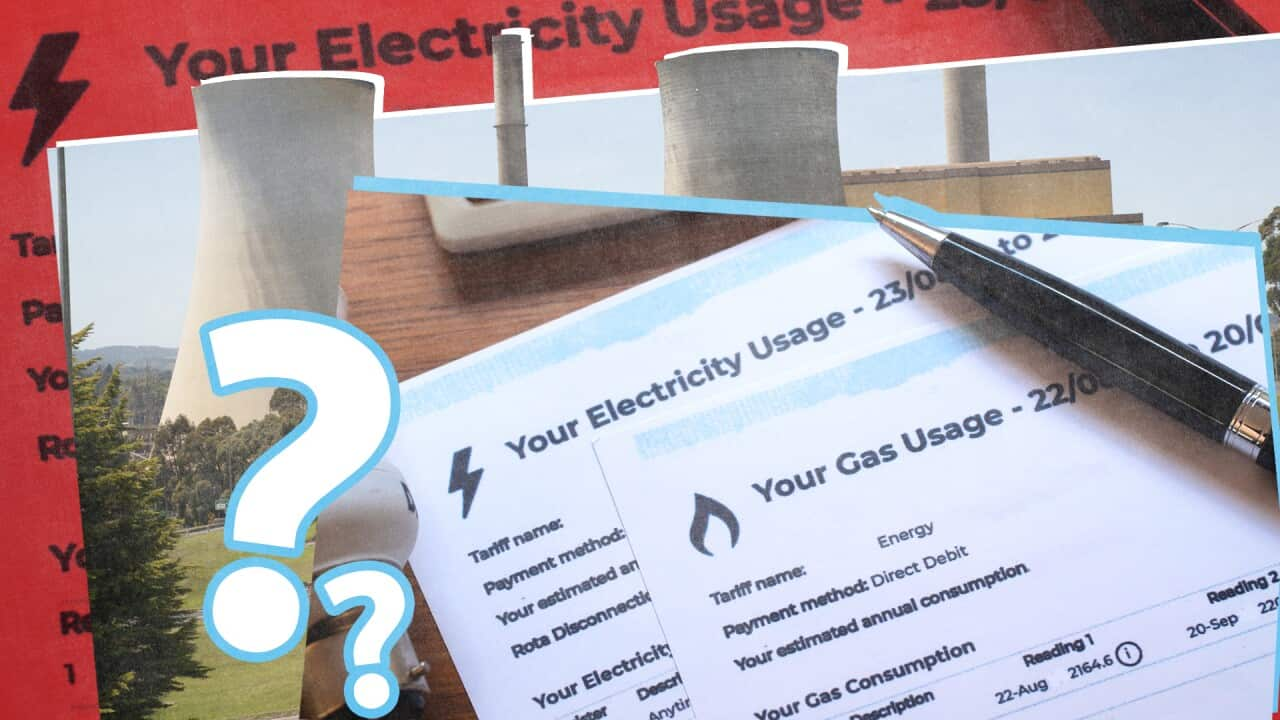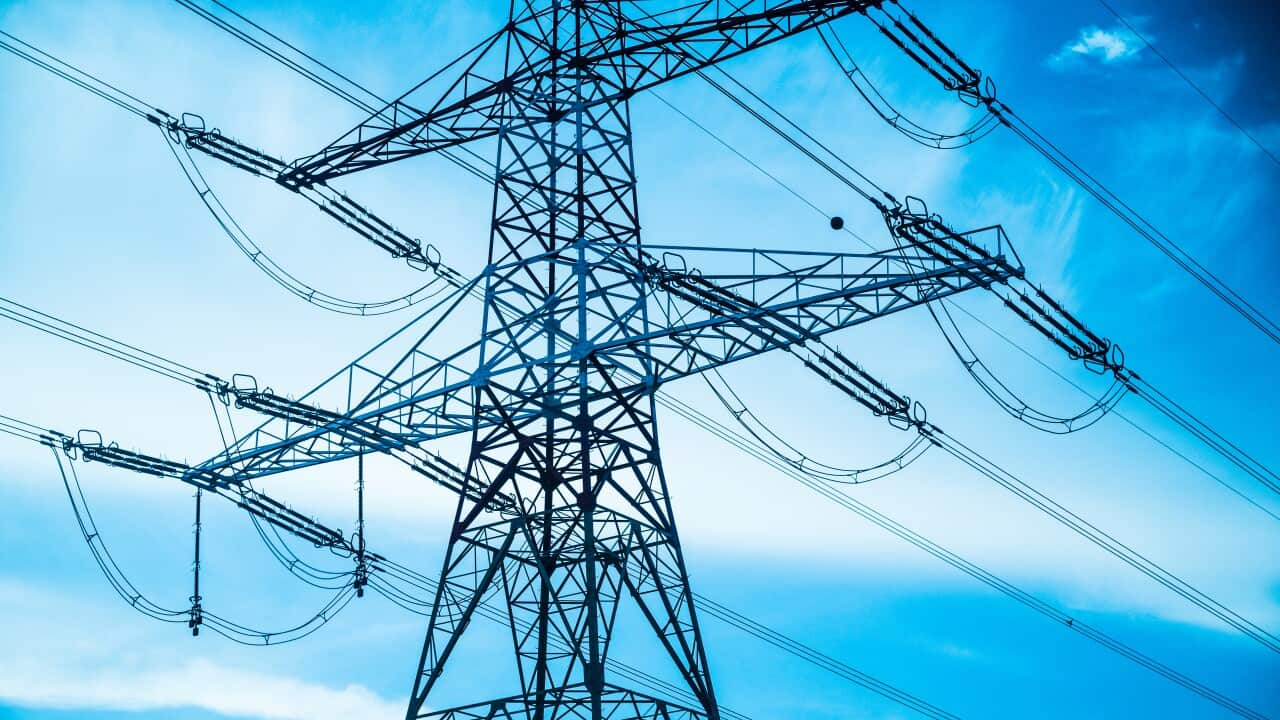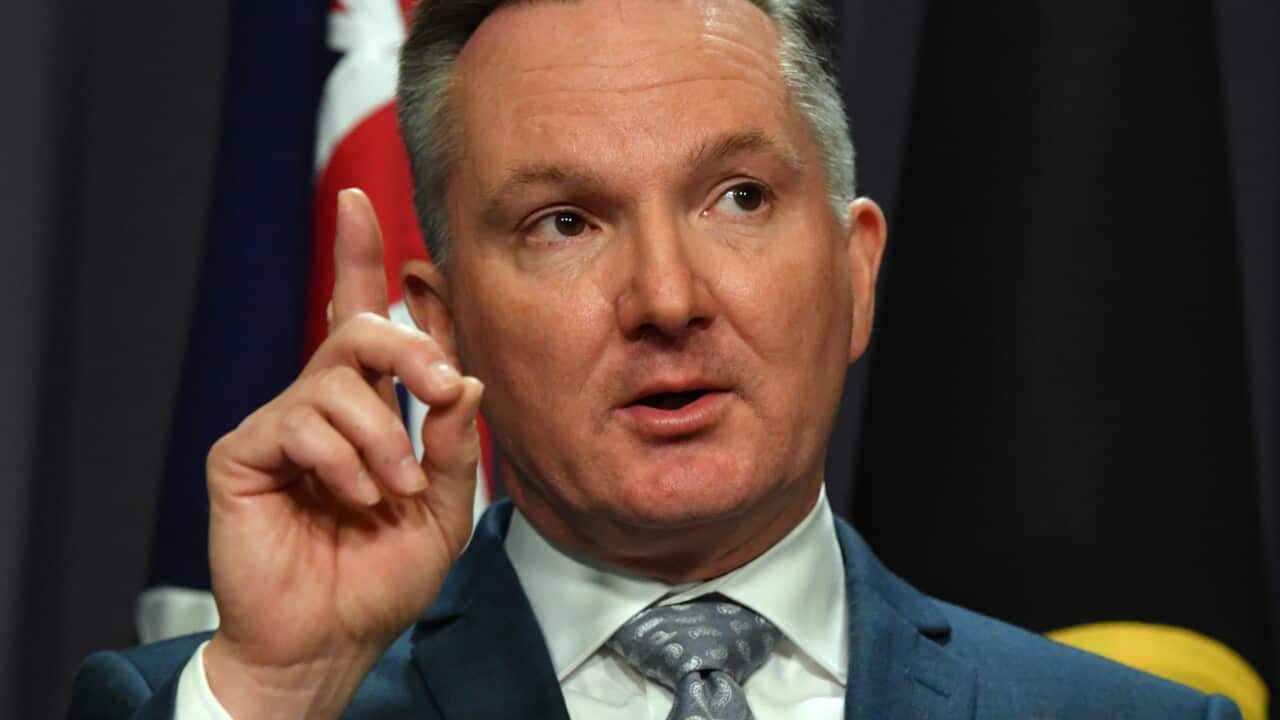Queensland will avoid blackouts on Monday night but the energy regulator is warning of potential challenges to come along Australia's east coast.
The nation's peak energy regulator — the Australian Energy Market Operator (AEMO) — earlier issued an alert warning of power outages for Queensland's southeast and east coast between 5.30pm and 8pm on Monday, and again on Tuesday morning.
Meanwhile, NSW is also on high alert from 7pm on Tuesday due to a predicted supply shortfall.
But AEMO managed to direct electricity generators to supply enough power to meet demand in Queensland.
Residents had been urged to turn down heaters and switch off household appliances to conserve power.
"At this stage, these efforts have provided sufficient generation to cover the lack of reserve 3 shortfall," a spokesman said.
"AEMO will continue to monitor reserve conditions closely in Queensland ... providing further updates should conditions change."
The operator has imposed a cap on electricity spot prices of $300 per megawatt after seven consecutive days of surging wholesale prices.
"As a consequence of the administered price cap in Queensland, AEMO has seen generation bids reduce," AMEO said in a statement.
The operator said with a lack of reserve electricity in the system, demand could exceed supply in parts of Queensland connected to the National Energy Market from early Monday evening.
AEMO also ordered generators to supply electricity in Queensland and NSW to meet demand gaps, amid fears of load-shedding.
"AEMO will take available actions to deliver additional supply or demand reduction, to maintain power system security," it said.
"AEMO will continue to monitor reserve conditions closely in Queensland, NSW, and more broadly across the NEM, providing further updates should conditions change."
The market operator said it would monitor Queensland's wholesale spot prices, which have quadrupled in the year to March.
The Australian Energy Regulator (AER) said earlier this month the state's wholesale prices, which are the highest in the nation, are unlikely to fall before 2024.
Powerlink Queensland chief executive Paul Simshauser urged people to cut back on electricity use wherever they can.
"There is an unusual combination of unexpected generator outages plus cool winter temperatures and high demand for electricity," Mr Simshauser said.
Residents should heat only one room where possible and turn off appliances, pool pumps and electronics on standby mode.
Retailers have been asked to cut back on lighting, advertising displays and water heating systems.
"By carefully managing electricity use at home and in your workplace, the community can help ensure that power system security is maintained in Queensland," Mr Simshauser said.
Part of the problem for Queensland is that 70 per cent of its generation comes from fossil fuels, and generators are suspected of bidding higher to profit from surging international coal and gas prices.
Energy Minister Mick de Brenni has denied Stanwell and C S Energy are price gouging, saying they only bid to "cover costs" and that he won't direct them to lower their bids.
"Queenslanders have conserved energy in situations like this before ... I'm confident Queenslanders will be able to do it again."
Liberal National Party spokesman Pat Weir said the power crisis was forcing employers to shut down.
"Queensland already has the highest power prices in the country and now we're being warned that the lights may not even stay on," Mr Weir said.
"Major employers are tonight shutting down and Queenslanders' lifestyles are being impacted because of a government that has failed to plan for the future."
Earlier, former prime minister Malcolm Turnbull said the Albanese government should consider bringing in gas price and volume controls for 90 days in a bid to deal with the short-term energy crisis.
But he said the controls - put in place with the backing of the states - were necessary to deal with pressure on supply and prices created by the "perfect storm" of an explosion in the international gas price, outages at coal-fired power stations and a very cold winter.
"We have a crisis at the moment ... they should be decisive today as I was," Mr Turnbull told the ABC.
"The minute they say they're going to do it, the gas companies will find the gas and agree to offer it at lower prices."
Mr Turnbull defended his government's implementation of a trigger mechanism designed to shore up national gas supplies.
The mechanism is now being reviewed by the Labor government, .
"It was designed to deal with a different problem at a different time and it worked, so it wasn't useless, it was very useful," Mr Turnbull said.
The gas trigger mechanism forces gas companies to limit exports if there are severe shortages in the domestic supply.
Resources Minister Madeleine King said nothing was off the table under the review.
With the mechanism set to expire in January, Ms King said the government had agreed to renew it so it could be used at a later point if needed.
Environment Minister Tanya Plibersek said the current energy market issues were the fault of the previous Morrison government.
"There are things that people have agreed with Chris Bowen on, allowing the market operator to buy and store gas," she told the Seven Network.
"I'm not sure why in almost a decade in power the previous government didn't do that. The big problem that we have now is caused by almost a decade of denial and delay."
Nationals leader David Littleproud rejected claims from Labor that the previous coalition government had overseen nine years of inaction in the sector.
"We were on a trajectory of putting more gas into the system to support the renewables that have come in," he told Sky News on Monday.
Mr Littleproud said new technology needed to be explored, including hydrogen and small-scale nuclear, but greater public education and awareness was needed.
Households will get about $44 off their monthly power bills from July under a one-off Queensland government rebate, with bills set to rise by at least $41 to $55.
Analysts have told news agnecy AAP the AER will likely have to allow Queensland household and business bills to rise again before the end of 2022/23.





